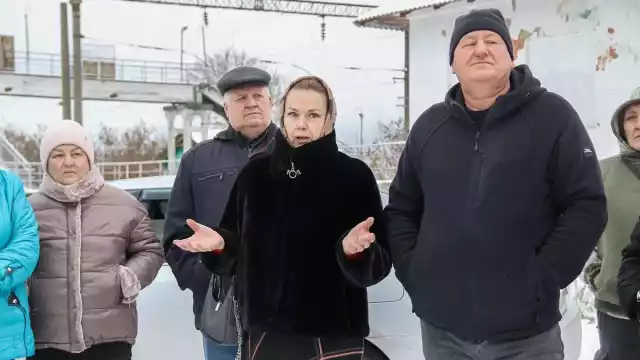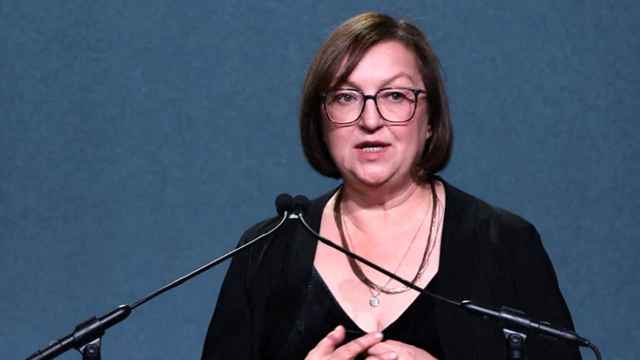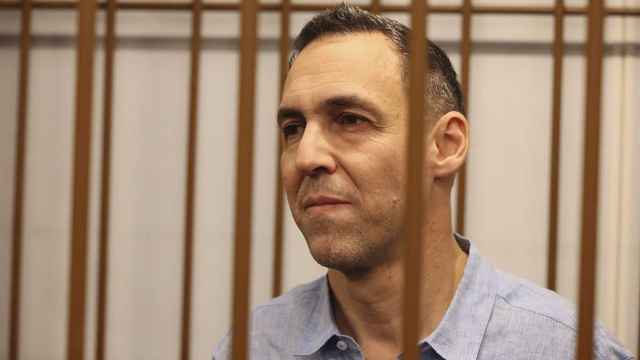BRUSSELS — European Union policymakers are considering a goal to increase energy efficiency by between 30 and 35 percent by 2030, as part of efforts to cut greenhouse gas emissions, reduce fuel bills and improve energy security, EU sources said.
The crisis in Ukraine, transit nation for around half of the natural gas that Russia ships to Europe, has raised the importance of using less energy as one of the options to curb the bloc's need for imported fuel.
Two EU sources, speaking on condition of anonymity, said documents circulating within the Commission put forward a target range for efficiency savings of between 30 and 35 percent that would be binding for all member states.
That compares with a goal of saving 20 percent that would be achieved by 2020 through pursuing existing policies, based on measures such as making buildings more energy efficient.
But some campaigners said the suggested 2030 range is too weak.
A report published Tuesday from Ecofys, consultants frequently used by the Commission, said buildings in the EU used 61 percent of all the gas that is imported into the bloc and renovation could curb the sector's gas use by 95 percent by 2050, as well as cutting emissions.
Knauf Insulation, part of the European Alliance to Save Energy, said it was worried the Commission's concern with protecting its Emissions Trading Scheme, or ETS, had added to reluctance for a more ambitious goal.
Reduced energy use could add to a surplus of permits to pollute that has depressed the EU's flagship tool for curbing climate emissions.
"Given the severity of the situation we are faced with in Ukraine, it would be absolutely wrong to address the problems of the ETS by placing an artificial ceiling on energy efficiency," Barry Lynham, head of strategy at Knauf Insulation, said.
A Message from The Moscow Times:
Dear readers,
We are facing unprecedented challenges. Russia's Prosecutor General's Office has designated The Moscow Times as an "undesirable" organization, criminalizing our work and putting our staff at risk of prosecution. This follows our earlier unjust labeling as a "foreign agent."
These actions are direct attempts to silence independent journalism in Russia. The authorities claim our work "discredits the decisions of the Russian leadership." We see things differently: we strive to provide accurate, unbiased reporting on Russia.
We, the journalists of The Moscow Times, refuse to be silenced. But to continue our work, we need your help.
Your support, no matter how small, makes a world of difference. If you can, please support us monthly starting from just $2. It's quick to set up, and every contribution makes a significant impact.
By supporting The Moscow Times, you're defending open, independent journalism in the face of repression. Thank you for standing with us.
Remind me later.





